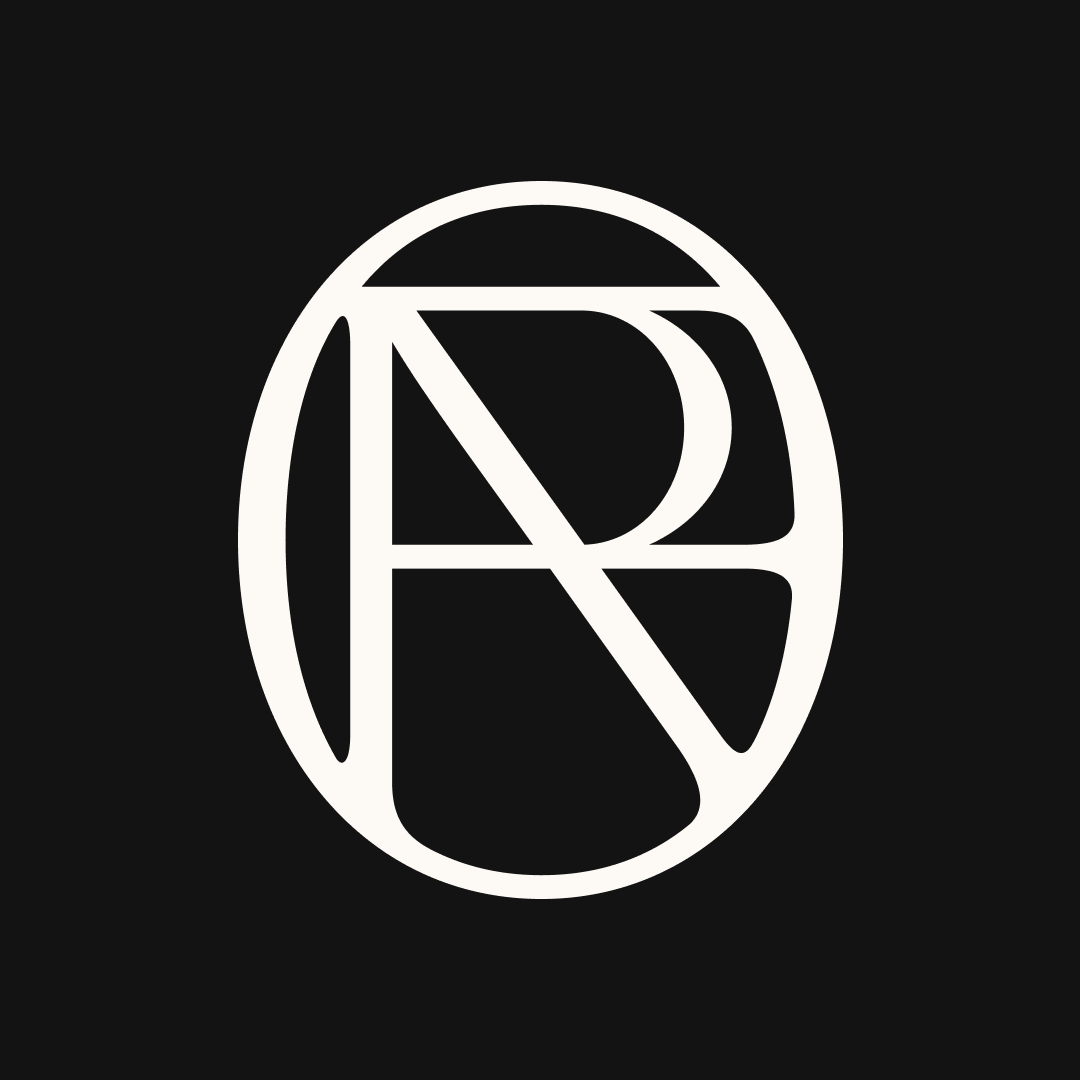
Not sure how a travel agent commission works? Is it the only way travel agents and advisors earn income? Here, we break it down for you.
Want to start earning income for your passion? Apply to become a Fora Advisor and kick off the ultimate career in travel.
How do travel agent commissions work?
A supplier — hotels, rental car agencies and so on — pays a travel agent commission for making a reservation on behalf of a client (or group of clients; here’s why group bookings are great). The amount is typically a percentage of whatever the service costs, and can vary widely depending on the type of booking.
(Curious about how to become a travel agent in the first place? Our guide has all the intel you need.)
Who pays a travel agent commission?
Hotels are the most common suppliers travel agents work with. But there are also rental car agencies, airlines, tour operators and much more.
Many businesses recognize the value in paying a facilitator to book their services for a client and treat travel agent commissions the same way they might advertising costs. You’ll sometimes even find that event venues, especially in places like Las Vegas, and businesses that are adjacent to travel also offer commissions to travel agents.
What’s a typical travel agent commission?
For hotels, five to 10 percent is about average (Fora Advisors tend to take home 12%). For other suppliers, it changes with the service and brand. Broadly, travel agent commission percentages run anywhere from one to twenty percent.
(P.S. Wondering how much travel agents make per booking? Check out our guide.)
Do travel agents charge more on top of a commission?
Travel agent commission rates are typically set in stone. That being said, commissions are not the only way travel agents make money. Most remote travel agents offer custom itinerary building and other planning services as well. The exact amount varies by travel agent, but many Fora Advisors charge a fee per week of travel planned.
Intrigued by the idea of building custom travel itineraries and getting paid for it? Apply to become a Fora Advisor.
(How much do travel agents make? What’s the typical Fora travel advisor salary? Our guides have help answer these questions.)
Do travel agents get paid for things like selling travel insurance, too? What else counts as commissionable revenue?
Absolutely. Selling travel insurance not only makes sense for the client (especially for more expensive trips), but it can also be a great way to boost your commissionable income.
As for other sources of travel agent commissions, our guide to all the types of bookings you can make as a Fora Advisor has more details.
Are there different types of travel agent commissions?

Image courtesy of Ana Santi for Gundari
Technically, there are three different types of commissions travel agents encounter, although only two are common.
Standard commissions
Standard commissions are what we’ve covered thus far. They represent a small percentage, usually between five and 10 percent of the total sale (before tax, if applicable).
With few exceptions, standard commissions are most favored by travel agents because they usually offer the most value, and come at no additional cost to the client.
Flat commission rates
Flat commission rates are set amounts that hotels and other suppliers pay travel agents for bookings. These rates are independent of the total cost the client is paying, so regardless of when the service is provided, the agent is earning the same amount. This essentially negates any potential boost to the commission if the client is staying during a popular period, when hotels usually raise prices.
There can be some nuance to flat rates, though. For example, a hotel may pay per hotel room so the agent at least earns more for a larger booking.
These types of rates are most common in Europe, particularly among older hotels, and you won’t often encounter them with domestic travel.
Tiered commission rates
Tiered commission rates are fairly uncommon for travel agents to encounter; they’re much more popular among other careers in travel and tourism and are typically paid by wholesalers rather than individual suppliers.
With tiered rates, the commission rate changes with the number of tickets sold for a service, which might be a group tour, cruise or hotel block.
On the flip side, travel agents at the top of their game may be more likely to encounter these types of commissions, usually in the context of large group bookings or corporate events (learn how to master the art of group bookings).
Usually this type of travel agent commission isn’t something new agents need to worry about.
Travel agent commission FAQs

Image courtesy of 11 Cadogan Gardens
Have more questions about travel agent commissions or adjacent topics? We have answers.
How else do travel agents make money?
As mentioned earlier, travel agents can also charge fees for planning itineraries. It’s also not unheard of for agents to charge extra fees for large group bookings since these require more time to orchestrate — which brings up an important point: the best travel agents don’t charge their clients arbitrary fees; there should be justification for the extra costs.
Between commissions and planning fees, you can see why travel agents are among the more lucrative jobs in the travel industry.
What percentage of a commission do travel agents usually get? Is Fora different?
Five to 10 percent is a normal travel agent commission. Fora Advisors, however, earn a higher commission on average (12%) for booking partner hotels because of our supplier relationships.
Sound intriguing? Apply to become a Fora Advisor.
How much can you charge as a travel agent to use your services?
This varies by advisor and the exact service provided. People in some travel agent jobs or travel agent niches charge higher fees. For example, luxury travel advisors may have higher fees because they’re offering an elevated degree of service. Essentially, discerning clients pay more for the white-glove treatment. The same can also be said for corporate travel agents.
(Learn how to become a luxury travel agent.)
Does a vacation cost more if someone books through a travel agent?
One of the myths about booking through a travel agent is that they always upsell the price of the trip. In reality, advisors are paid by the hotel, so having an advisor book your accommodations comes at no extra cost to the client.
(BTW: check out the myths about becoming a travel advisor.)
Can you make a living off commissions as a travel agent? Do all travel agents rely on commissions?
You can certainly turn travel advising into a full-time career, as many of our advisors have.
(Looking for tips for how to be a successful travel advisor? Read our guide.)
Do all host agencies take a percentage of a travel agent’s commission?
This is standard practice in the industry, and typically helps fund the host agency’s services. In Fora’s case, this percentage goes toward maintaining Fora profiles, our proprietary booking platform, supplier partnerships and so much more. Fora takes a 30% slice, then 20% once advisors have reached a certain bookings threshold (which is a far lower percentage than industry standard).
Our guide to how much it costs to become a travel agent has more details.
How does a commission pay schedule work at most host agencies? How does Fora handle this?
Travel agent commissions are typically paid by the supplier after the client uses their service (e.g., after they stay at the hotel or return a rental car). Across the industry, it’s unfortunately common for some hotels and other suppliers to drag their feet when it comes to paying out commissions (check out how travel agents get paid to learn more).
At Fora, we support our advisors and invoice hotels for you, allowing you to focus on the fun parts of the job. In other words, we worry about chasing commissions and getting you paid, so you don't have to.
(Curious about other reasons to become a Fora Advisor? Hear it from our existing travel advisors.)
How is the commission rate usually determined for travel agents?
Travel agent commissions are usually set long before the agent ever enters the picture. This often comes down to a private agreement between a host agency (like Fora) and the supplier.
In rare cases, usually involving independent or new hotels that don’t have an existing commission policy, a travel advisor may be able to negotiate a commission rate.
Are commissions calculated before or after taxes?
Travel agent commissions are calculated before taxes, as the latter is money the supplier doesn’t actually see.
Can suppliers’ commission rates change?
Certainly, though existing bookings typically aren’t affected, perhaps unless they’re part of a promotion.
Do online travel agencies (OTAs) charge suppliers commissions?
Yes, like you wouldn’t believe. Whereas travel advisors charge hotels between five and 10 percent commission on average, online travel agencies like Booking.com charge suppliers as much as 30 percent commission.
It’s one of the reasons suppliers much prefer their bookings come from travel advisors — and why Fora Advisors can offer awesome perks at the coolest hotels around the world.
Ready to start earning travel agent commission? Become a Fora Advisor
Can’t wait to earn your first travel agent commission? Apply to become a Fora Advisor today and get your travel career rolling.
Alternatively, check out these travel advisor resources if you’re still testing the waters:

